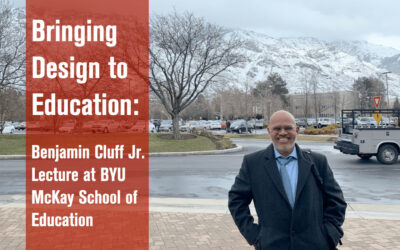Spires, H., Hervey, L., & Watson, T. (2013). Scaffolding the TPACK framework in reading and language arts: New literacies, new minds. In C.A. Young & S. Kajder (Eds.), Research on technology in English education (pp. 33-61). Charlotte, NC: Information Age Publishing.
TPACK Newsletter #3: May09 Edition
TPACK Newsletter, Issue #3: Late April 2009 Welcome to the third edition of the TPACK Newsletter, now with 362 subscribers (representing a 30% increase in the last two months!), and appearing bimonthly between August and April. If you are not sure what TPACK is,...


0 Comments
Trackbacks/Pingbacks